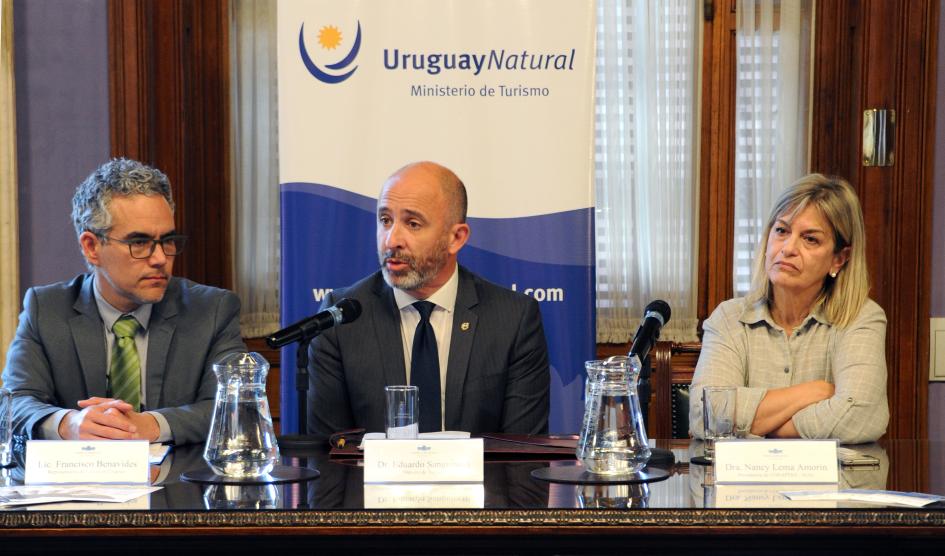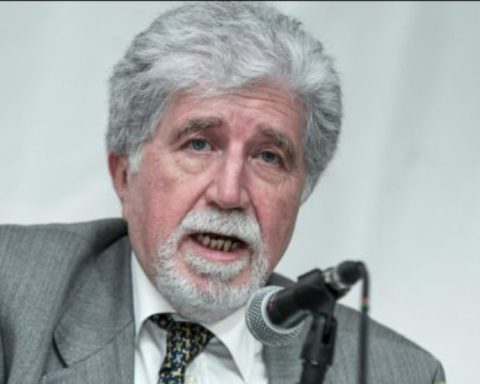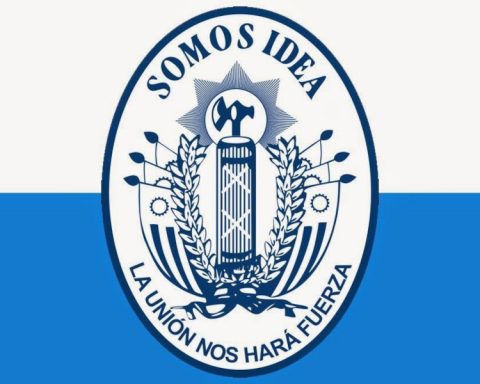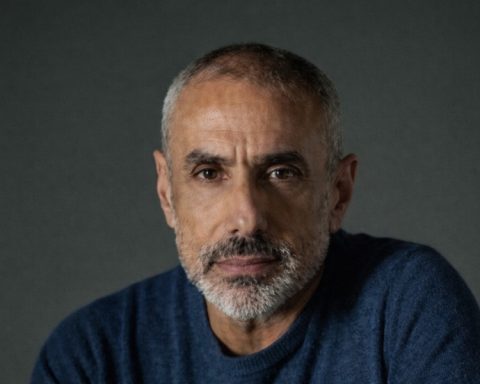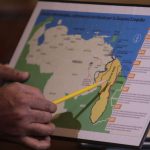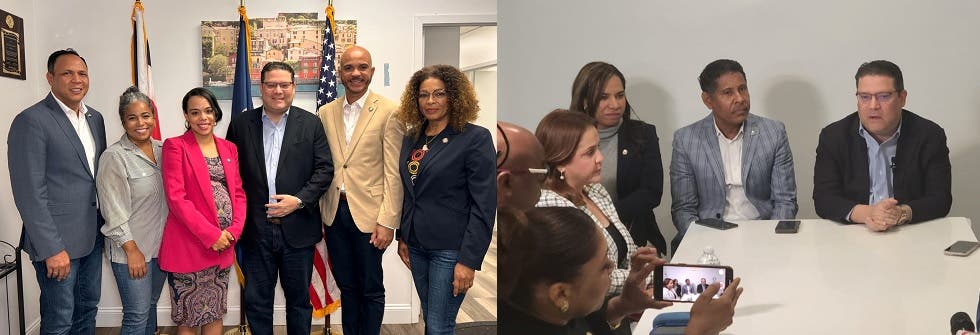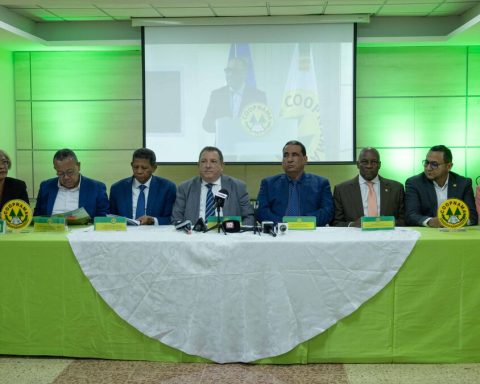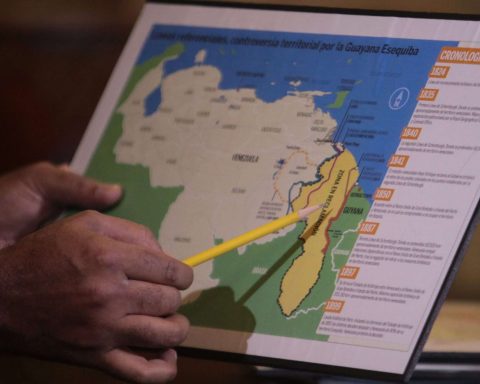Authorities promote prevention of sexual exploitation of minors in tourism activities
On September 24, authorities from Tourism, UNICEF and the National Committee for the Eradication of Sexual, Commercial and Non-Commercial Exploitation of Children and Adolescents (CONAPEES) presented the preventive actions in this area carried out in the period 2021-2024. The leaders agreed on the importance of working to raise awareness among people in order to achieve early detection of risks.
The presentation took place at the Legislative Palace, with the presence of Vice President Beatriz Argimón; the Minister of Tourism, Eduardo Sanguinetti; the head of CONAPEES, Nancy Lema, and the representative of Unicef in Uruguay, Francisco Benavides.
Sanguinetti stated that the prevention of commercial sexual exploitation of children and adolescents in tourism activities constitutes one of the portfolio’s main lines of action. In this regard, he recalled that the National Code of Conduct for the Prevention of Sexual Exploitation of Girls, Boys and Adolescents in Travel and Tourism has been in force since 2023, a code that prioritizes the training and awareness of the staff of tourism companies in the rights of children and adolescents and promotes the dissemination of information on these rights to visitors and travelers.
Lema, for his part, recalled in his speech that CONAPEES is chaired by the Institute for Children and Adolescents of Uruguay (INAU) and is made up of more than 20 institutions. He gave a historical overview of this entity, which was created by decree 385 of 2004 and which, since then, has worked on five-year national action plans. He also highlighted the preparation, with the consultancy of Unicef, of the National Interinstitutional Action Guide, which forms an interinstitutional network aimed at addressing and combating the issue.
“Working on the prevention of commercial sexual exploitation of children and adolescents, and raising awareness of people in early detection is essential,” stressed Lema. He also added that even in terms of the economic factor “it is more expensive to have a case instituted, to work on the restoration of rights and the reparation of damages, than on prevention campaigns.”
